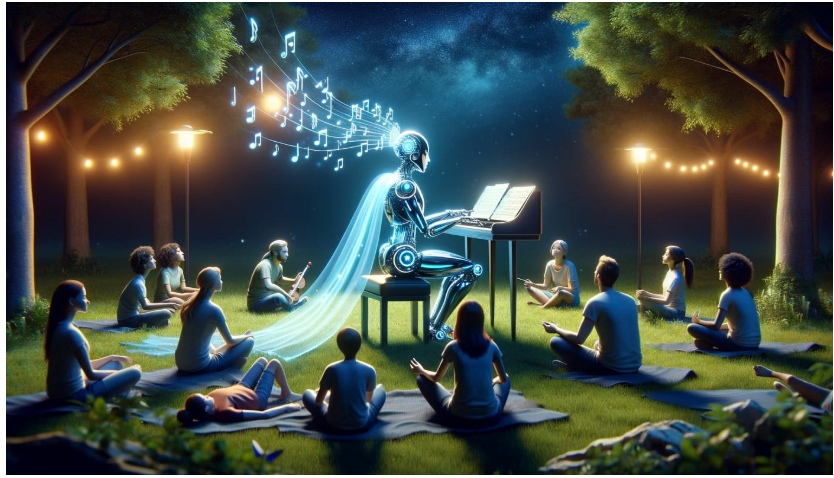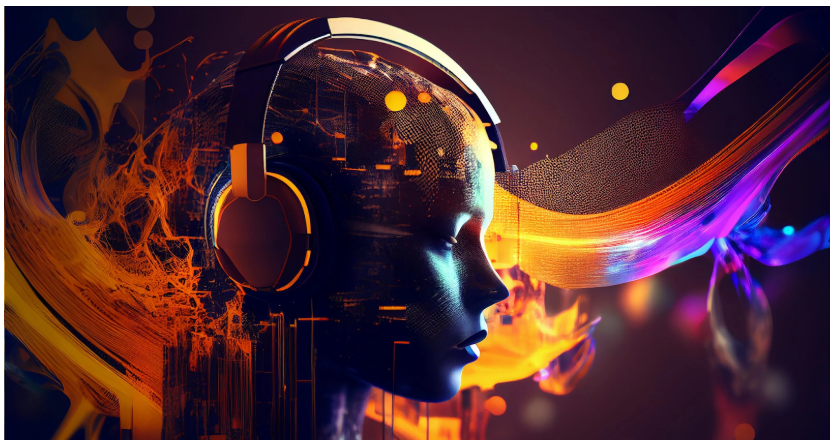AI in Music
Artificial Intelligence (AI) has made significant strides in recent years, influencing various industries, including the world of music. AI in music refers to the use of machine learning algorithms and intelligent systems to compose, produce, analyze, and even perform music. Musicians and producers are increasingly adopting AI-powered tools to streamline their workflows and unlock new creative possibilities. From generating melodies to mastering tracks, AI offers a broad range of applications that are transforming how music is created and consumed.
One of the most popular uses of AI in music is composition. Tools like OpenAI’s MuseNet and Google’s Magenta can compose music in various styles by learning patterns from vast datasets of existing songs. These tools do not simply replicate old music but create new compositions based on learned musical structures. This allows artists to experiment with genres and ideas that may have been difficult to explore manually.
Another area where AI plays a significant role is audio processing. Intelligent mastering services, such as LANDR, use AI to analyze and enhance the quality of audio recordings. These tools assess loudness, balance, and clarity, helping artists achieve a professional sound without needing deep technical knowledge.
AI also aids music recommendation systems. Platforms like Spotify and YouTube Music use AI algorithms to analyze listening habits and suggest new music based on user preferences, making music discovery more personalized and efficient.
Despite its growing presence, there are many misconceptions about the role of AI in music.
AI Myths in AI in Music
One of the most common myths is that AI will replace human musicians. While AI can assist in generating music, it lacks the emotional depth, cultural context, and human experience that artists bring to their work. AI is a tool—not a replacement. It can offer suggestions or generate melodies, but the soul of music still lies with human creativity.
Another misconception is that AI music lacks originality. While AI systems learn from existing compositions, the outputs are often unique and can even surprise their creators. The idea that AI merely “copies” existing music underestimates the generative capabilities of modern machine learning models.
Some also believe that using AI in music is only for tech-savvy professionals. In reality, many AI tools are user-friendly and designed for beginners and professionals alike. Artists with little to no technical background can still benefit from AI-assisted platforms in their creative process.
Lastly, there’s a notion that AI will make human composers obsolete. However, the current trend shows that AI is being used as a collaborator rather than a competitor. Many musicians use AI to augment their creativity, exploring new directions and accelerating the music-making process.
In conclusion, while AI is changing how music is created and experienced, it enhances rather than replaces human artistry. By debunking these myths, we can better appreciate AI as a valuable partner in the evolving landscape of music creation.







Leave feedback about this